Alabama high court raises maximum bond for murder defendants
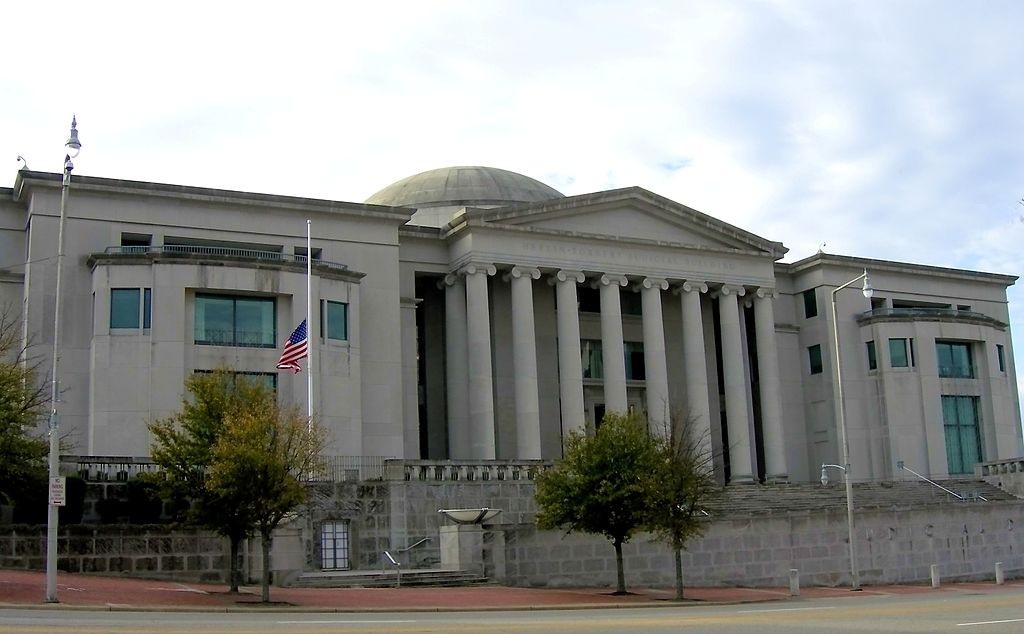
The Alabama Supreme Court has raised the maximum bail amount a judge can set for a state murder charge to $1.5 million. The change to Alabama’s criminal rules was approved by the high court on January 14, news outlets reported. It means murder defendants now face bail that’s ten times higher than the previous limit of $150,000. Alabama prosecutors had pushed for the change, saying the old bail limit was too low to keep some dangerous criminal defendants in jail while awaiting trial. In Mobile County, Dayvon Bray was released from jail on bond last year after being charged with murder, to be arrested again and charged with fatally shooting his girlfriend. Higher bails for those charged with murder could prevent similar cases in the future, said Mobile County Chief Assistant District Attorney Keith Blackwood. “It’s a better opportunity to keep these offenders incarcerated while they await trial rather than have them make a very low bond and be out,” Blackwood told WKRG-TV. “It’ll be really large bonds for people accused of murder, one of the most horrific crimes that we have.” Alabama’s bail schedule is a recommendation for judges, who have some discretion to set higher or lower amounts. But magistrates are bound by the upper limits of the rules, and they’re often the first to set bail for criminal defendants. Montgomery County District Attorney Daryl Bailey said he’d spent seven years advocating a higher bail amount for murder charges. “I’m very satisfied with the change,” Bailey told the Montgomery Advertiser. He added: “I think it’s ridiculous that you can be caught with drugs and get a $1.5 million bail, but if you murder someone, the max is $150,000.” Another measure aimed at keeping more criminal defendants locked away until their cases go to trial will be decided by Alabama voters in November. Voters on the fall ballot are being asked to approve Aniah’s Law, named for Aniah Blanchard, an Auburn teenager who was abducted and killed in 2019. That constitutional amendment, approved by state lawmakers, would give judges more discretion to deny bail to people accused of violent crimes. Republished with the permission of the Associated Press.
Paul DeMarco: Alabama Supreme Court approval of changes to bond law good news for public safety
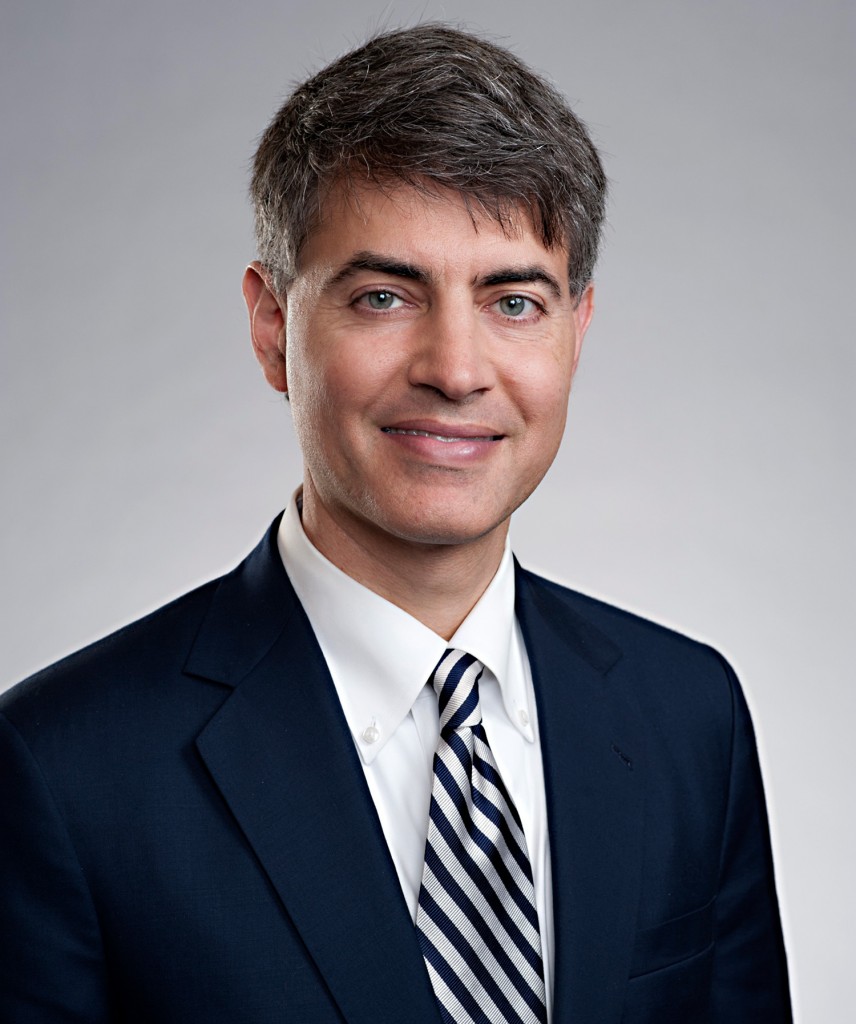
Another week and more high-profile crime in the state of Alabama. A murder suspect in Mobile has now been arrested after being accused of shooting and killing his girlfriend. What makes this another sad broken record in Alabama is the murder suspect was out on bond for a separate murder charge when the new crime occurred. There have been so many of these tragic incidents it is hard to keep count. How many more innocent victims have to be killed by individuals charged with violent crimes and awaiting trial for their charges? Across the Nation, the public has been put in danger because of violent criminals let back out on the streets. Hopefully, a recent change by the Alabama Supreme Court will save lives if fully implemented by trial judges. The Court has now raised the maximum suggested bail in murder cases to $1.5 million, which is ten times the current amount of $150,000. The maximum bail in a capital murder charge remains no bond. This has been a long time coming, and if already in place, would have kept behind bars repeat felons who should never have been released. There are still a lot of changes that need to be made to our criminal justice system to keep the public safe. The Alabama Legislature still has an important role in aggressively giving prosecutors and law enforcement the tools they need to successfully pursue those that would break the law. The Alabama Supreme Court has done their part. If Alabama trial courts follow these new changes to bail laws, it will save lives by keeping those behind bars who are charged with killing an innocent victim before they do it again. Paul DeMarco is a former member of the Alabama House of Representatives.
State: Ex-speaker Mike Hubbard’s words show apology was insincere

Convicted former Alabama House Speaker Mike Hubbard told people he was innocent and “held my nose” as he signed a letter apologizing for his crimes, according to state prosecutors who used Hubbard’s own phone calls and emails from prison to cast doubt on his claims of remorse as he seeks early release. The attorney general’s office combed through emails and 600 of Hubbard’s phone calls from prison and cited some of the conversations as they oppose his request for early release from prison. State attorneys said the communications show he was “not truthful” when he signed a letter apologizing for his 2016 conviction for violating state ethics law, including using his public office for personal financial gain. Hubbard submitted the letter in September along with a request for early release from prison. In the letter, Hubbard said, “I recognize and admit my errors.” Hubbard wrote that his conviction embarrassed the state and his family and “for this, I am severely sorry and respectfully ask forgiveness from everyone affected. According to the Monday court filing, Hubbard told a friend before submitting the apology letter that, “I promise you I did nothing wrong.” On the day he signed the apology letter to the court, Hubbard told his wife that part of the letter he liked was removed, but he was “looking at the ultimate goal” and “held (his) nose and signed it.” Prosecutors said Hubbard also talked to friends about efforts to add language to a community corrections legislation that could benefit his release. According to state lawyers, Hubbard told an attorney that someone should contact a state senator to urge a filibuster. The court filing did not include many specifics but said that Hubbard did not get his wish. “Hubbard has already been removed from office for breaching his duty to the public. Now he has been caught breaching his duty to this Court. He deserves condemnation, not mercy,” state attorneys wrote. The former House speaker also referred to the lead prosecutor in his case as corrupt, suggested politics was behind his prosecution, and was baffled that the Alabama Supreme Court did not completely overturn his conviction. “I hope the folks there know I didn’t do anything wrong, and this was just a political hit job,” Hubbard told one friend according to the court filing. He told another that, “according to the way they’ve interpreted the law, they could indict and convict anybody in the Legislature who has a job.” Phone calls made by prisoners have a message at the beginning informing recipients that the call may be monitored. State lawyers said Hubbard must have been aware of this because he used a variety of code names such as calling his wife the quarterback and state officials either Martians or the Taliban. Hubbard has served about one year of a 28-month sentence. He is imprisoned at Limestone Correctional Facility. Prosecutors accused Hubbard of leveraging his powerful public office to obtain clients and investments for his businesses, violating the prohibition against giving a “thing of value” to an elected official. His defense maintained the contracts were legitimate work and unrelated to his position as House speaker. In upholding the conviction this spring, justices noted that when contacting a company for one client, Hubbard “identified himself as a state legislator and as Speaker of the House of Representatives.” They also noted how one company executive wrote in an email that Hubbard could get the company, “in front of any speaker in the country regardless of party.” The Republican was one of the state’s most powerful politicians until the ethics conviction in a corruption case ended his political career. Hubbard, the architect of the GOP’s takeover of the Alabama Legislature in 2010, was a legislator from Auburn and former chairman of the Alabama Republican Party. He was elected House speaker soon after Republicans won control. Republished with the permission of the Associated Press.
Alabama sets new execution date for inmate for 1991 murder
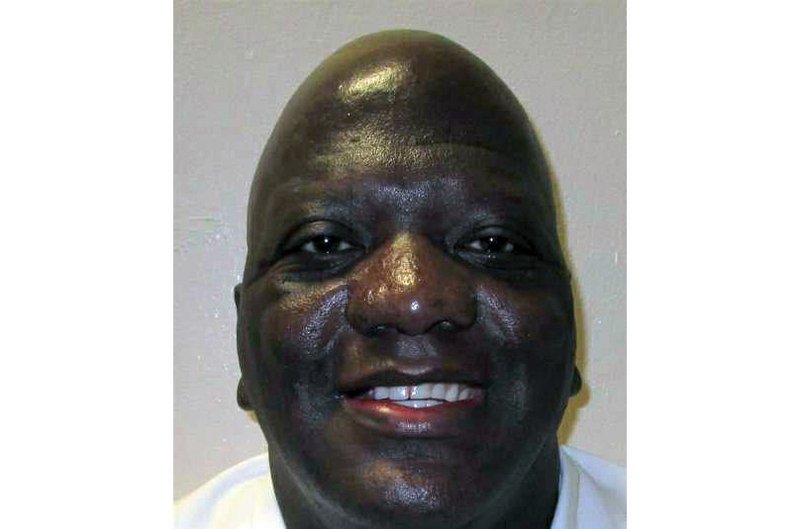
Alabama has rescheduled the execution of a state inmate who had a lethal injection called off in February when the U.S. Supreme Court sided with his request to have his personal pastor with him in the death chamber. The Alabama Supreme Court set an Oct. 21 execution date for 51-year-old Willie B. Smith III, who was convicted of the 1991 kidnapping and murder of 22-year-old Sharma Ruth Johnson in Birmingham. In February, the state called off Smith’s execution on the night he was to have been put to death. The decision came after the U.S. Supreme Court maintained a lower court injunction, saying he could not be executed without his personal spiritual advisor present in the room with him. The state at the time maintained only prison staff would be allowed in the room. Alabama officials wrote in a court filing that the state recognized “its policy restricting access to the execution chamber to institutional chaplains was unlikely to survive further litigation” and “reached an agreement with Smith to allow his spiritual advisor to minister to him in the chamber.” The Alabama Department of Corrections did not immediately respond to an email asking about the change in procedures. Prosecutors said Smith abducted Johnson at gunpoint from an ATM, stole $80 from her, and then took her to a cemetery where he shot her in the back of the head. The victim was the sister of a police detective. “The murder of Ms. Johnson, which was committed during the course of a robbery and kidnapping, was as brutal as they come, and there is no doubt that Smith committed those offenses,” lawyers with the attorney general’s office wrote in the request to set the execution date. The Alabama Supreme Court set an October execution date for Smith even though a judge has scheduled a 2022 trial on claims related to his intellectual capacity. His lawyers have argued the state failed to give Smith, who has an IQ below 75, required assistance under the Americans with Disabilities Act in filling out forms that affected the timing of his execution. “We are disappointed that the attorney general asked for and the Alabama Supreme Court set a date for Mr. Smith’s execution despite the fact that a lawsuit he filed two years ago is progressing through discovery and is set for trial early next year,” federal defender John Palombi wrote in an email. Palombi added, “The state is attempting to moot this lawsuit out before his case can be heard. We will continue to fight against this premature attempt to execute Mr. Smith.” The Alabama attorney general’s office has disputed that Smith’s rights were violated.+ Republished with the permission of the Associated Press.
Protected or Prisoner Part 5: Game changer! Alabama Supreme Court admonishes Judge Alan King in Joann Bashinsky case
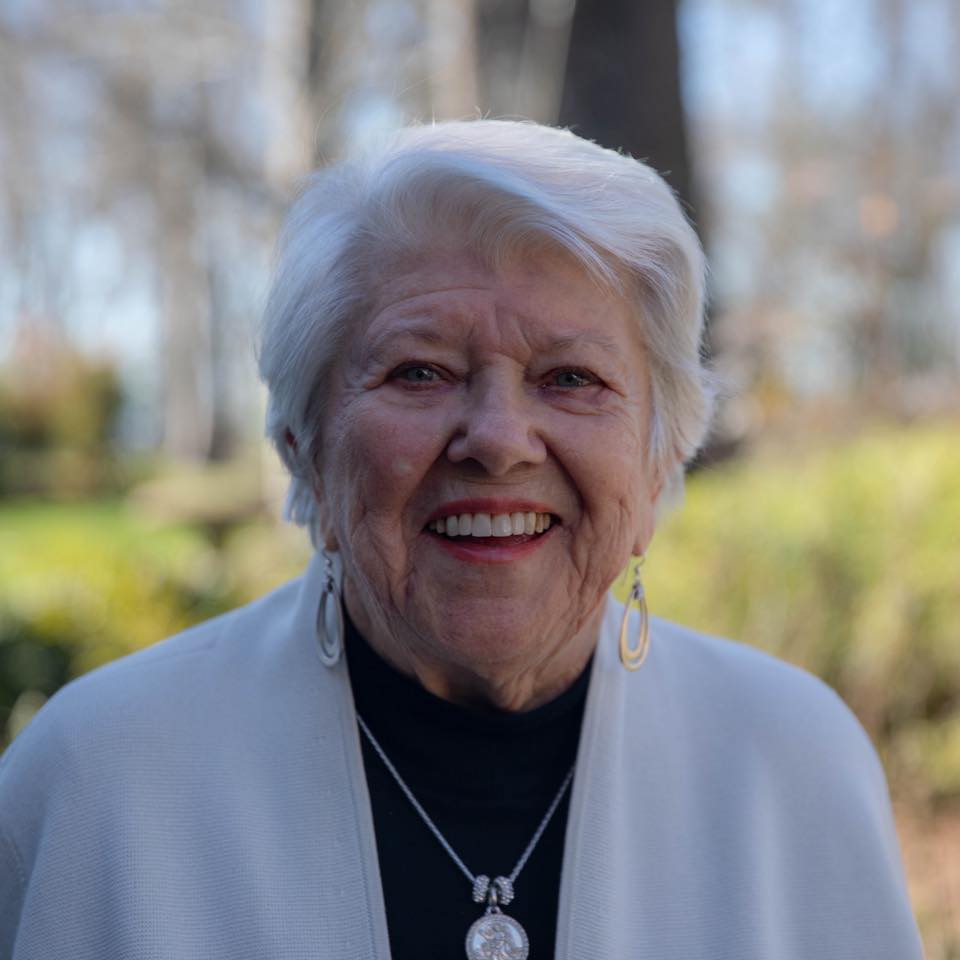
While the war will wage on for families throughout Jefferson County and the state of Alabama seeking to regain their independence from a broken conservatorship system, the good guys won an important battle today.
Judge says Alabama judicial elections don’t discriminate
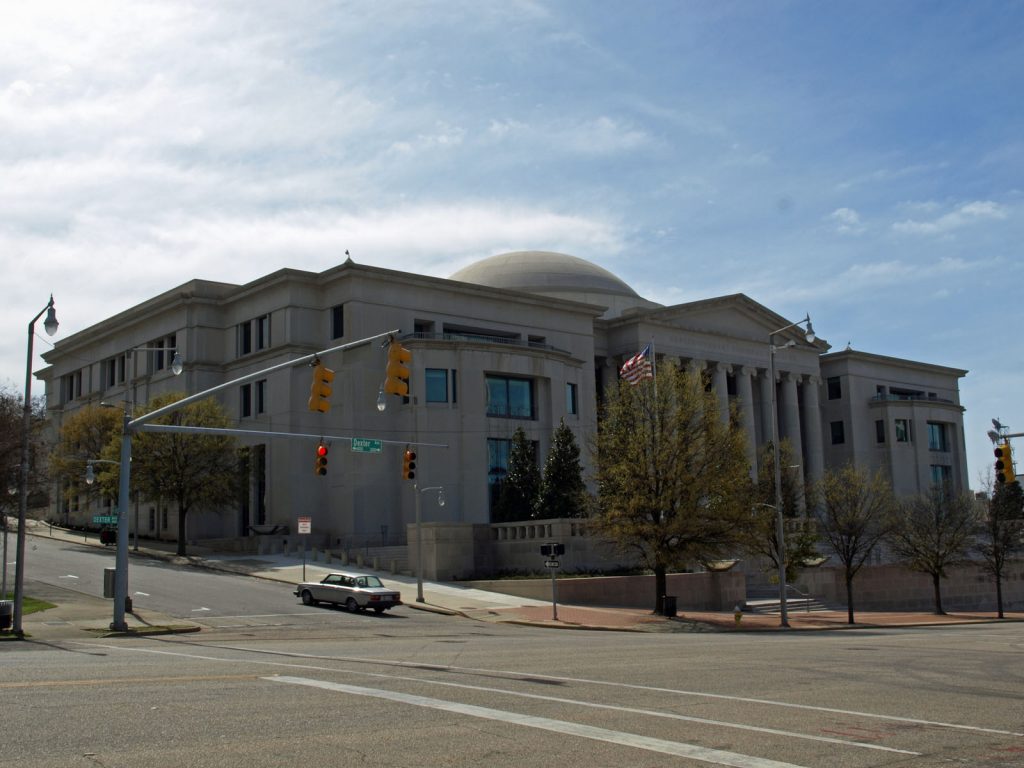
The ruling came from a lawsuit brought against the state in 2016.
Donald Trump nominates Judge Andrew Brasher to 11th Circuit Appeals Court
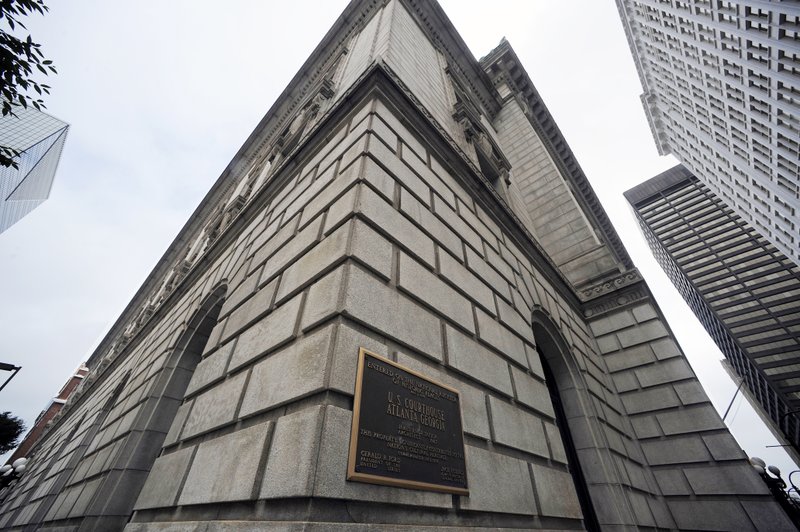
President Donald Trump on Wednesday nominated U.S. District Judge Andrew Brasher of Alabama to the 11th U.S. Circuit Court of Appeals. The nomination comes just six months after Brasher was seated on the federal bench in Alabama. The White House announced the nomination in a news release. Senators in May voted 52-47 to confirm Brasher as a federal district judge. Brasher was Alabama’s solicitor general’s office in the Alabama attorney general’s office before joining the bench. The position put him in charge of appellate cases and other notable litigation, including defending Alabama’s legislative redistricting plan and an attempt to require abortion doctors to have hospital admitting privileges. Some of that work was cited by The Leadership Conference on Civil and Human Rights and other groups earlier this year in opposing his nomination as a district judge. Brasher is a graduate of Harvard Law School. He served as a law clerk to Judge Bill Pryor of the 11th U.S. Circuit. Pryor is a former Alabama attorney general. “Judge Brasher distinguished himself as a legal scholar during his lengthy tenure as solicitor general of the State of Alabama, arguing and winning cases before the U.S. Supreme Court, the U.S. Court of Appeals for the 11th Circuit, and the Alabama Supreme Court,” Alabama Attorney General Steve Marshall said in a statement. Republished with the permission of the Associated Press.
Supreme Court rules for Selma Council in dispute with mayor

The Alabama Supreme Court has sided with the Selma City Council in a power struggle with the mayor over who can appoint department heads. Justices on Friday upheld a judge’s decision dismissing the lawsuit filed by Selma Mayor Darrio Melton that challenged the city ordinance approved by council members. The Selma City Council in 2018 passed an ordinance removing Melton’s authority to appoint a police chief, fire chief and tax collector. The council then overrode Melton’s veto, leading him to file a lawsuit saying the ordinance improperly transfers executive powers to the city council. Justices wrote that the trial judge was correct to dismiss Melton’s lawsuit. Republished with the permission of the Associated Press.
Cam Ward to challenge Greg Shaw for Alabama Supreme Court seat

State Sen. Cam Ward announced Monday he will challenge two-term incumbent Justice Greg Shaw for a seat on the Alabama Supreme Court, setting up a significant Republican primary battle in 2020. Both men indicated they will file campaign paperwork with the Alabama Republican Party when qualifying opens this week. Shaw was first elected to the Supreme Court in 2008 and was re-elected in 2014. He previously served on the Alabama Court of Criminal Appeals from 2001-2009. He announced Friday that he would seek a third term. “I will once again ask the voters to place their trust in me to serve with integrity, impartiality and always place the law over politics,” Shaw said in a Friday statement. Shaw is a graduate of from Auburn University and Samford University’s Cumberland School of Law. His wife, Samantha Shaw, served two terms after being elected state auditor. A prominent member of the Alabama Senate, Ward is chairman of the Senate Judiciary Committee. He is best known for spearheading prison and criminal justice reform efforts and advocating for the autism community. “My judicial philosophy will be easy to understand. As a judge, my role will be to interpret the law exactly as it is written, not to write new ones,” Ward said in a statement. He is a graduate of Troy University and the Cumberland School of Law at Samford University. Ward was first elected to Alabama Legislature in 2002, serving first in the House of Representatives and later the Alabama Senate. Ward was arrested for driving under the influence in 2015 but completed a pretrial diversion program for first-time offenders. After his arrest, Ward issued a public apology and said he had been using alcohol as a “crutch.” The race will be one of several closely watched GOP primaries in March. Republished with the permission of the Associated Press.
Alabama’s method of electing judges has been challenged
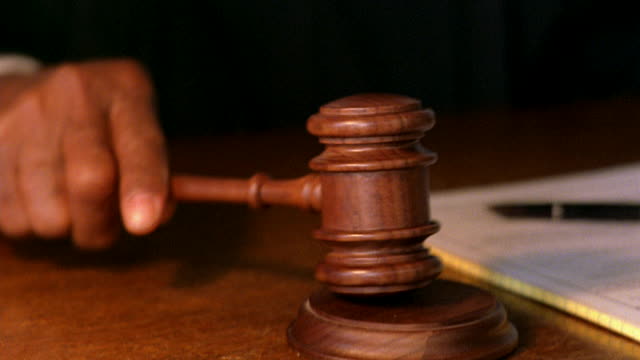
A federal judge will hear arguments Wednesday in a voting rights lawsuit challenging Alabama’s system of statewide elections for appellate courts, a practice that has resulted in all-white judges. The 2016 lawsuit contends the method dilutes the voting power of African Americans and results in all-white appellate courts in a state where one in four people is black. The lawsuit was filed by the Alabama State Conference of the NAACP and four black voters. Alabama is asking a judge to uphold the statewide elections. State lawyers said if black candidates have been unsuccessful in recent years, it’s because they are running as Democrats in a red state. Alabama’s appellate courts are currently all-white and all-Republican. There have been three African American judges on the state Supreme Court. Republished with permission of the Associated Press.
State Supreme Court to review Mike Hubbard conviction
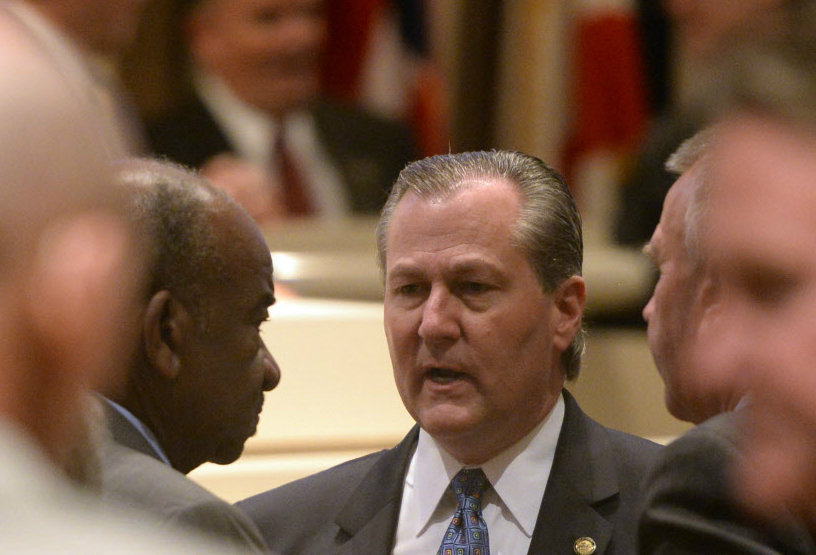
The Alabama Supreme Court will review former House Speaker Mike Hubbard’s ethics conviction, his attorney said Monday. Hubbard was one of the state’s most influential Republicans, but his political career ended with his 2016 conviction on ethics charges. Prosecutors said that Hubbard used the mantle of political office to drum up clients and investments for his businesses. Defense attorney Bill Baxley said Monday that justices granted review on one matter but it was the one he considered the “catch-all issue” in the case. Baxley said that was whether the law is clear and if Hubbard’s behavior constituted a violation. “We are delighted,” Baxley said. The allegations against Hubbard included that he improperly asked lobbyists and company executives for work and investments in his printing business. Baxley said that Hubbard did not intend to violate the law, and took “great pains” to try to make sure that he followed it. Trial testimony showed Hubbard consulted with the then-head of the Alabama Ethics Commission to get informal guidance about his private sector work. Attorney General Steve Marshall said he was confident the conviction would be upheld. “Until now, the Alabama Supreme Court has only heard from Mike Hubbard. Once my prosecution team has the opportunity to brief the issues and argue the case, we feel confident the result will be the same as with the lower court rulings and justice will prevail,” Marshall said in a statement. Hubbard was automatically removed from office in 2016 when he was convicted on the felony charges. A judge sentenced Hubbard to four years in prison, but he is free on bond as he appeals his conviction. The Supreme Court review comes after the Alabama Court of Criminal Appeals court last year affirmed 11 of the 12 counts against Hubbard. The Court of Criminal Appeals rejected Hubbard’s arguments that the transactions were aboveboard business dealings in which investors and companies that employed him got a fair value return for their money. The court also rejected arguments by the former speaker that the prosecution was tainted by prosecutorial and juror misconduct. However, the appellate judges also simultaneously urged lawmakers to address what they described as ambiguities in the state ethics law. “The language of Alabama’s ethics law should be clear as to which persons, businesses, and acts fall within its reach,” judges wrote. Republished with permission from the Associated Press.
Ala. Supreme Court ruling declaring unborn baby a ‘person’ attracts attention of Dr. James Dobson
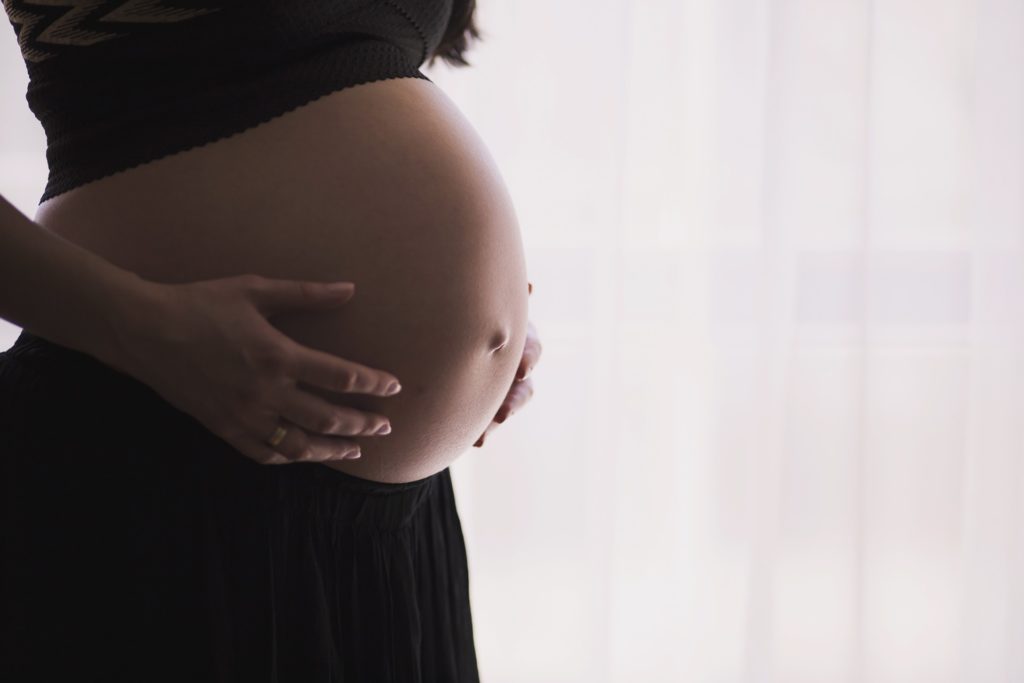
Earlier this month, the Alabama Supreme Court unanimously issued an opinion upholding the death penalty for double murder for a man who shot and killed his pregnant wife and their unborn child. The baby in utero was only 6-to-8 weeks old, making this ruling a first in the nation to uphold the “personhood” of an unborn baby. The historic decision in the case of Jessie Livell Phillips v. State of Alabama has since caught the attention of Dr. James Dobson, founder of the James Dobson Family Institute — an organization dedicated to preserving the biblical institutions of marriage and family by encouraging, inspiring, supporting, and leading parents and children to build their lives on God’s Word. “I am truly encouraged by the Alabama Supreme Court’s opinion, which powerfully affirms the humanity of the unborn in the eyes of the law,” Dobson said of the court’s decision. “In this tragic instance, by ruling that the murder of a pregnant women is a double homicide, God has truly done as the scriptures say: what was intended for evil…God intended for good to accomplish what is now being done, the saving of many lives.” Following the court’s ruling, Justice Tom Parker wrote a special concurrence calling on the U.S. Supreme Court to repeal Roe v. Wade. Dobson called Parker’s concurrence “powerful” saying it has “given a voice to so many.” “In his powerful concurrence, Justice Parker has given voice to so many of us who are devoted to defending the lives of the unborn by making a declarative legal argument for why the scourge of Roe v. Wade must, once and for all, be repealed by the U.S. Supreme Court. I encourage everyone to read his powerful argument for themselves, and take heart as we all continue to be a voice for life,” said Dobson.


